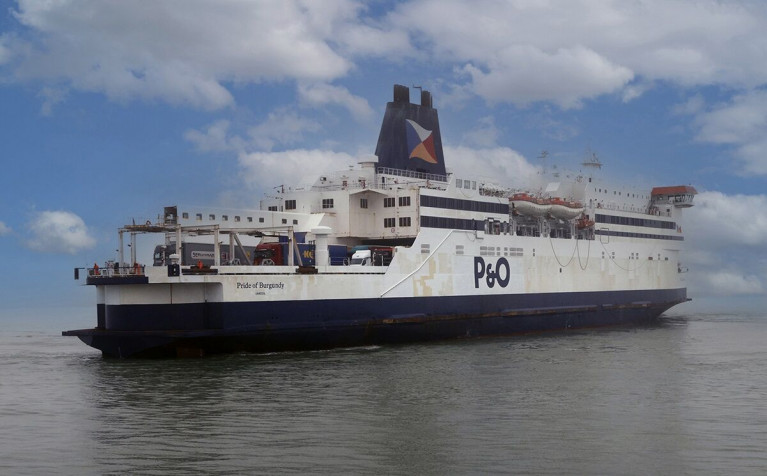Displaying items by tag: 5fth ferry added
P&O Ferries restored a fifth ship service on the Dover-Calais route, with the recent arrival of Pride of Burgundy at the Port of Dover, this follows new competition from Irish Ferries which last week launched UK-France sailings.
As MultiModal reports, the return of P&O's 28,000-ton Pride of Burgundy, with its first sailing in over a year, brings additional capacity to carry 120 lorries in freight-only mode, making two return journeys each day. The addition of a fifth ship comes in response to growing demand from British and European customers and will expand options for those requiring rapid and reliable transportation of goods between pivotal markets.
First announced in April, the Pride of Burgundy’s return, follows P&O Ferries’ ground-breaking space sharing agreement (with operator DFDS) on the Dover-Calais route, and the introduction of a second lift-on lift-off (LOLO) ship to double capacity between Hull-Zeebrugge.
Peter Hebblethwaite, Managing Director of P&O Ferries, said: “I am delighted to see the restoration of our Dover-Calais fleet to its pre-pandemic strength of five, with the resulting increase in departures and frequency enabling us to take back market leadership on the English Channel and further improve our customer service. Pride of Burgundy will reinforce our cost-effective freight service by increasing capacity and flexibility on the route – a vital artery of trade upon which thousands of businesses and consumers rely.
“With the support of our parent company, DP World, the world’s leading provider of smart logistics solutions, we are committed to bolstering our offering to customers and ensuring optimal efficiency in the flow of goods between the UK and Europe. With international trade at the heart of economic recovery, continual investment in our Dover-Calais route will encourage supply chain resilience by connecting people, businesses and nations.”





























































